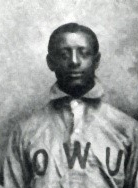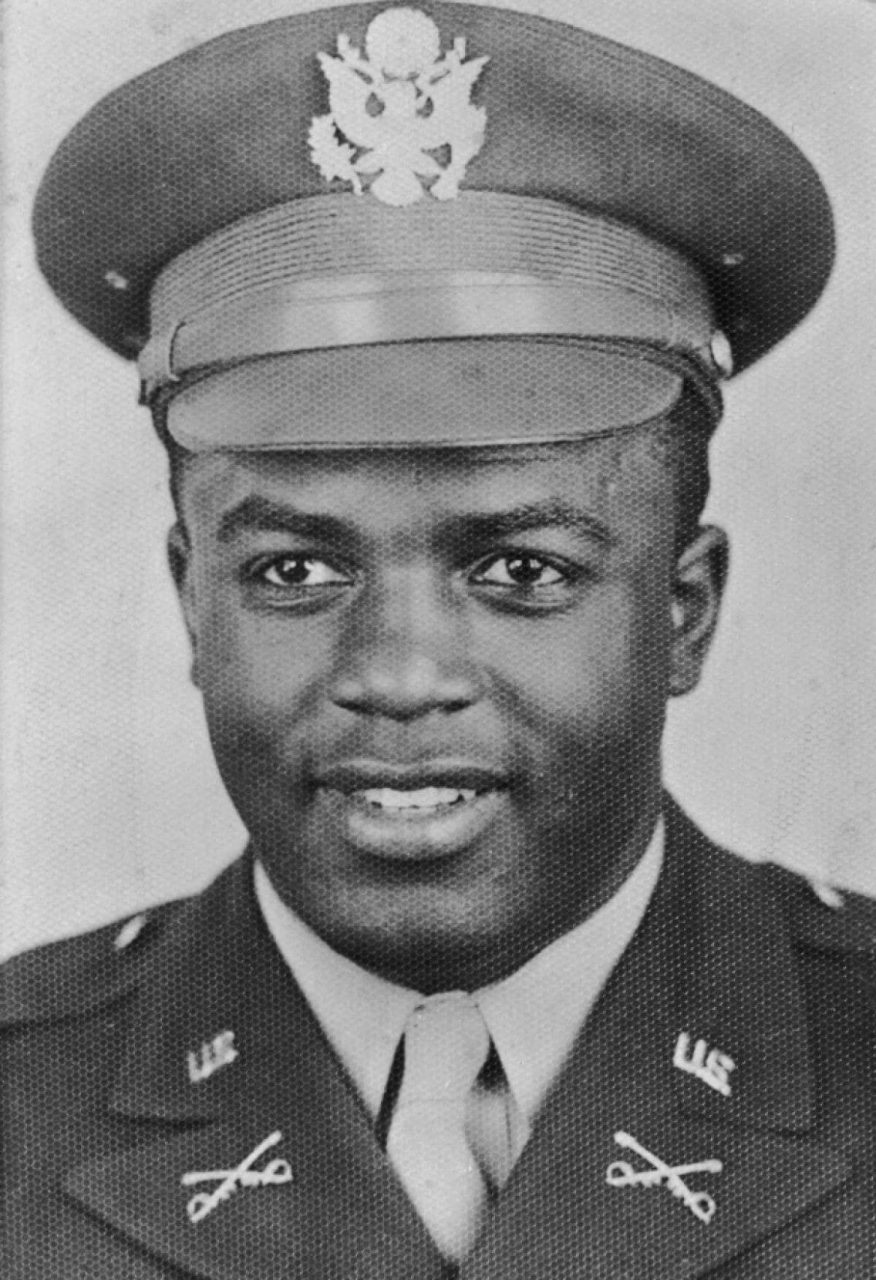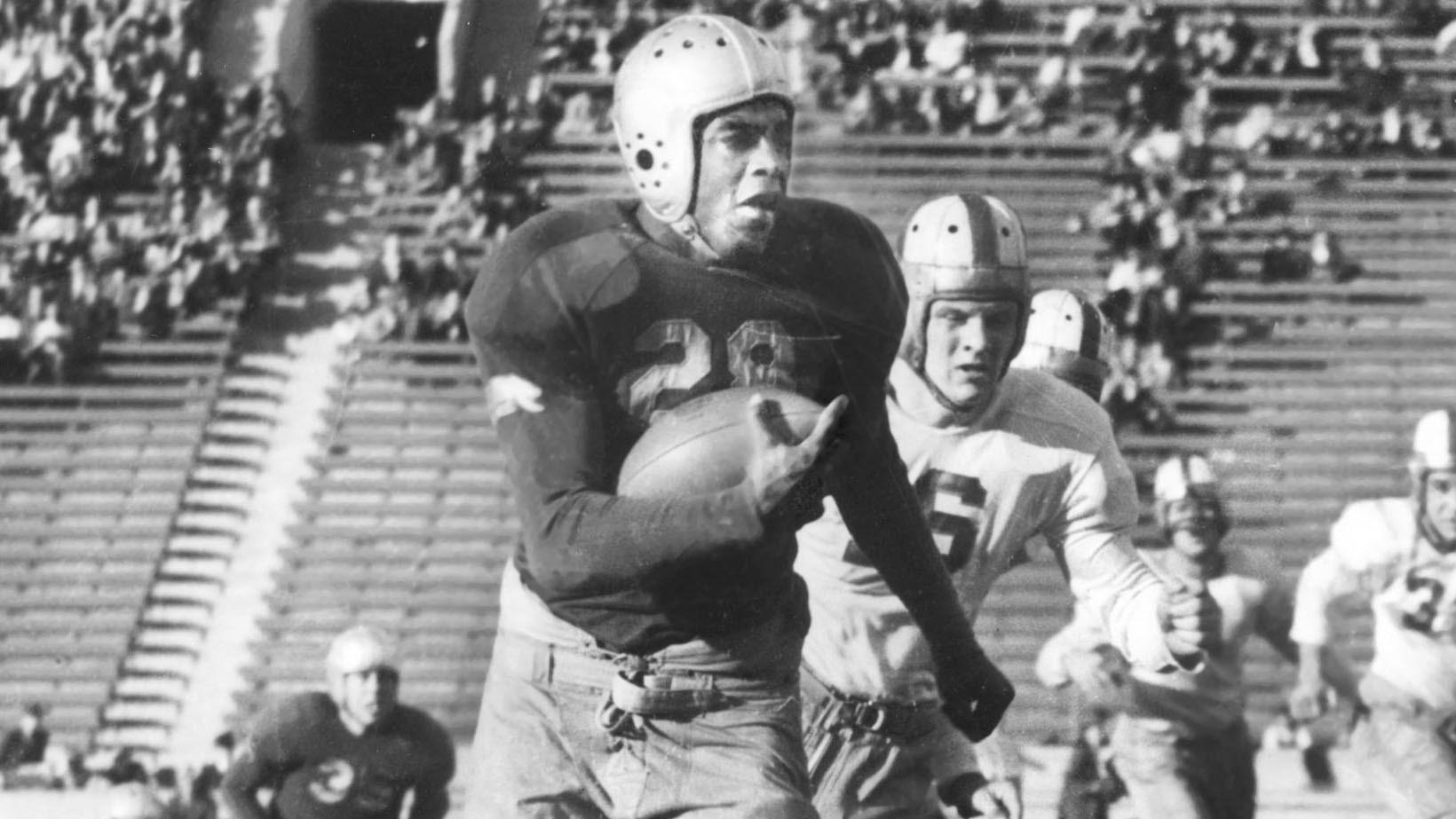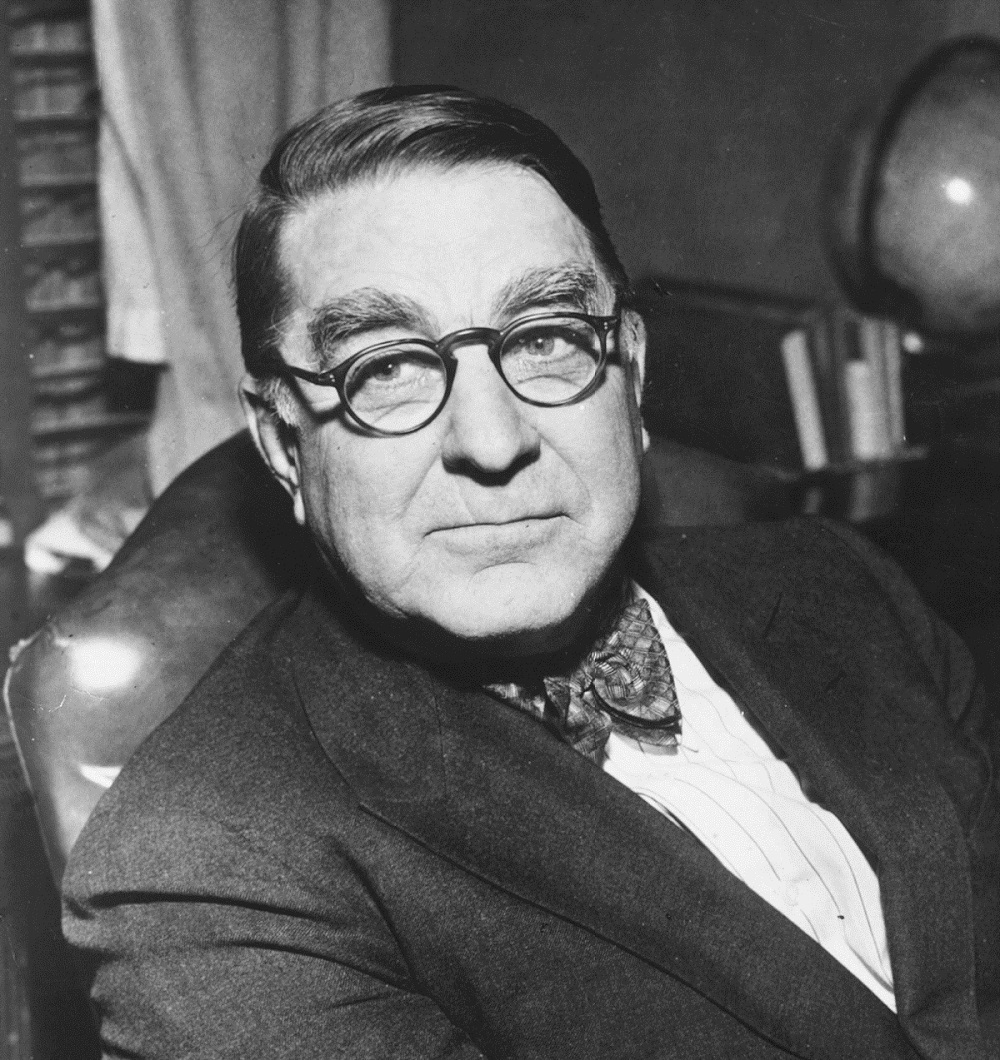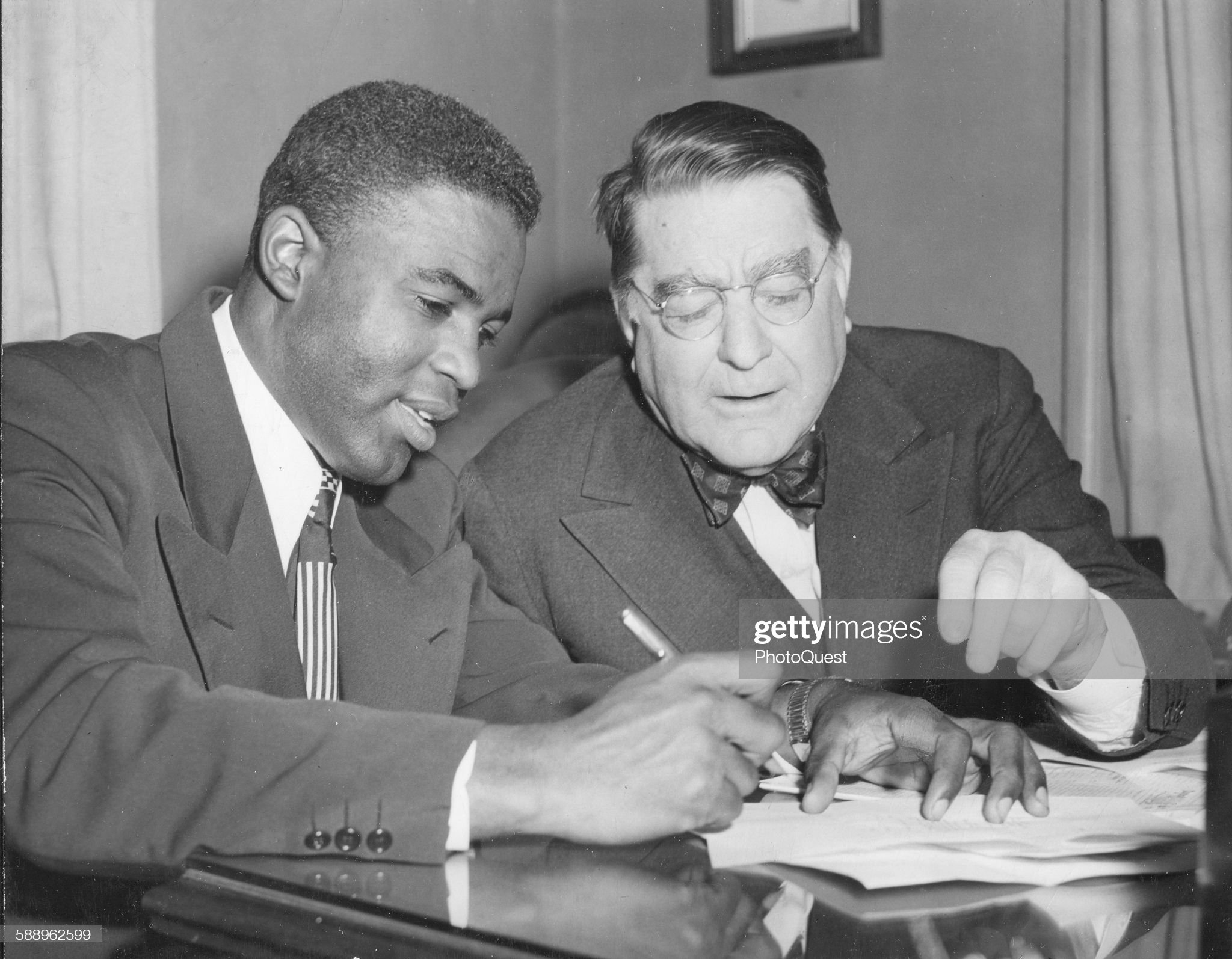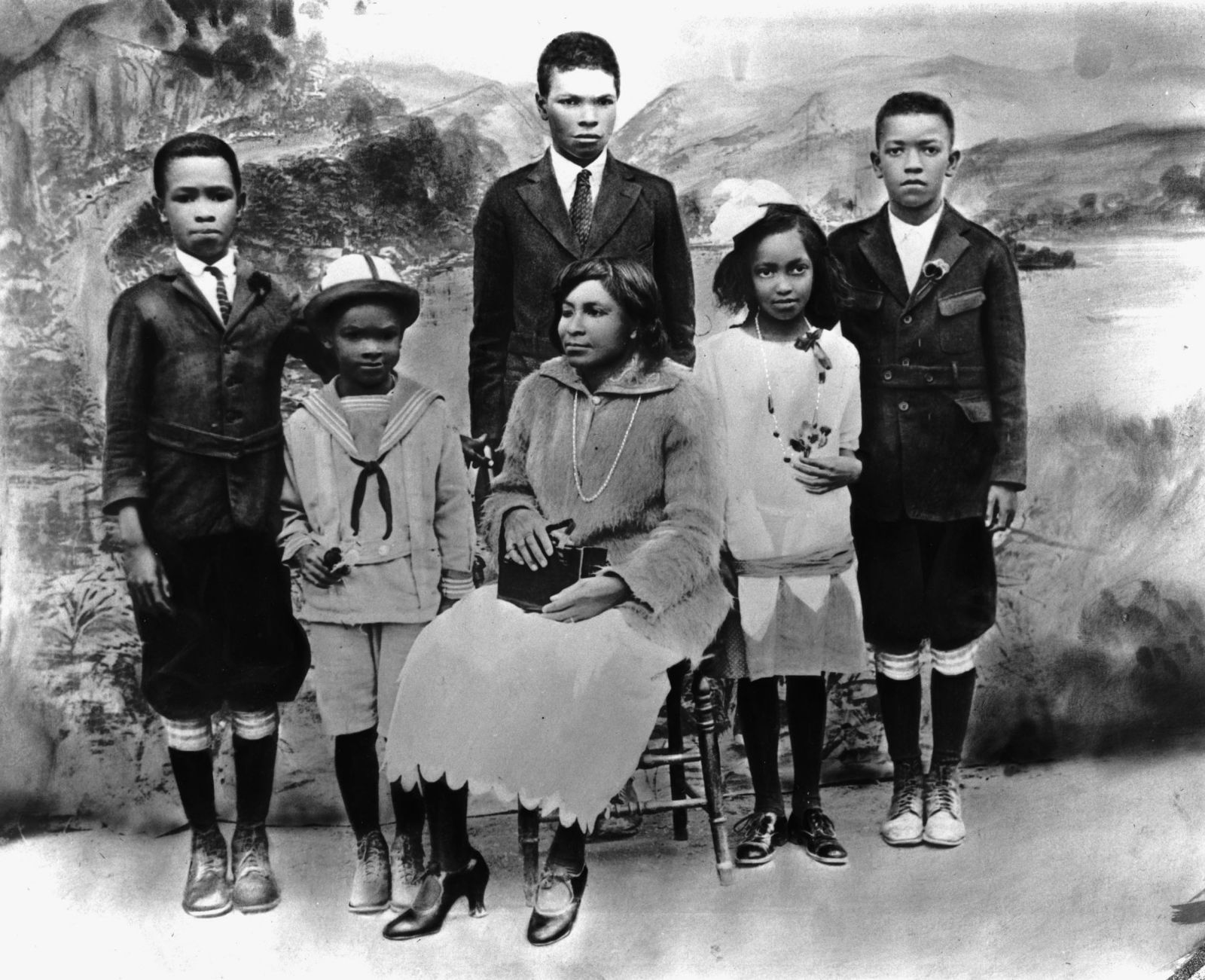
Jackie Robinson Family Portrait, CNN, 1925
"Six months after I was born in 1919, my father told my mother he was going to visit his brother in Texas...My mother was afraid that my father would not come back, and her fears were justified. Later she learned that he had left home and gone away with the neighbor's wife...After my father left, my mother had the choice of going home to live with her people or trying to pacify the irate plantation owner...She decided she would sell what little she had and take her family out of the South. She had a brother, Burton, in California, and she planned to take us there... Almost immediately she found a job washing and ironing."- Jackie Robinson, I Never Had It Made, 1972
"Robinson’s mother was the force that held the family together and instilled the values that made Jackie and his brother Mack (an Olympic athlete himself) successful. She was the one who moved the family across the country from Cairo, Georgia to more progressive and cosmopolitan California after Jackie’s father left."- Rick Swaine, Interview with Carter May, February 2, 2022
